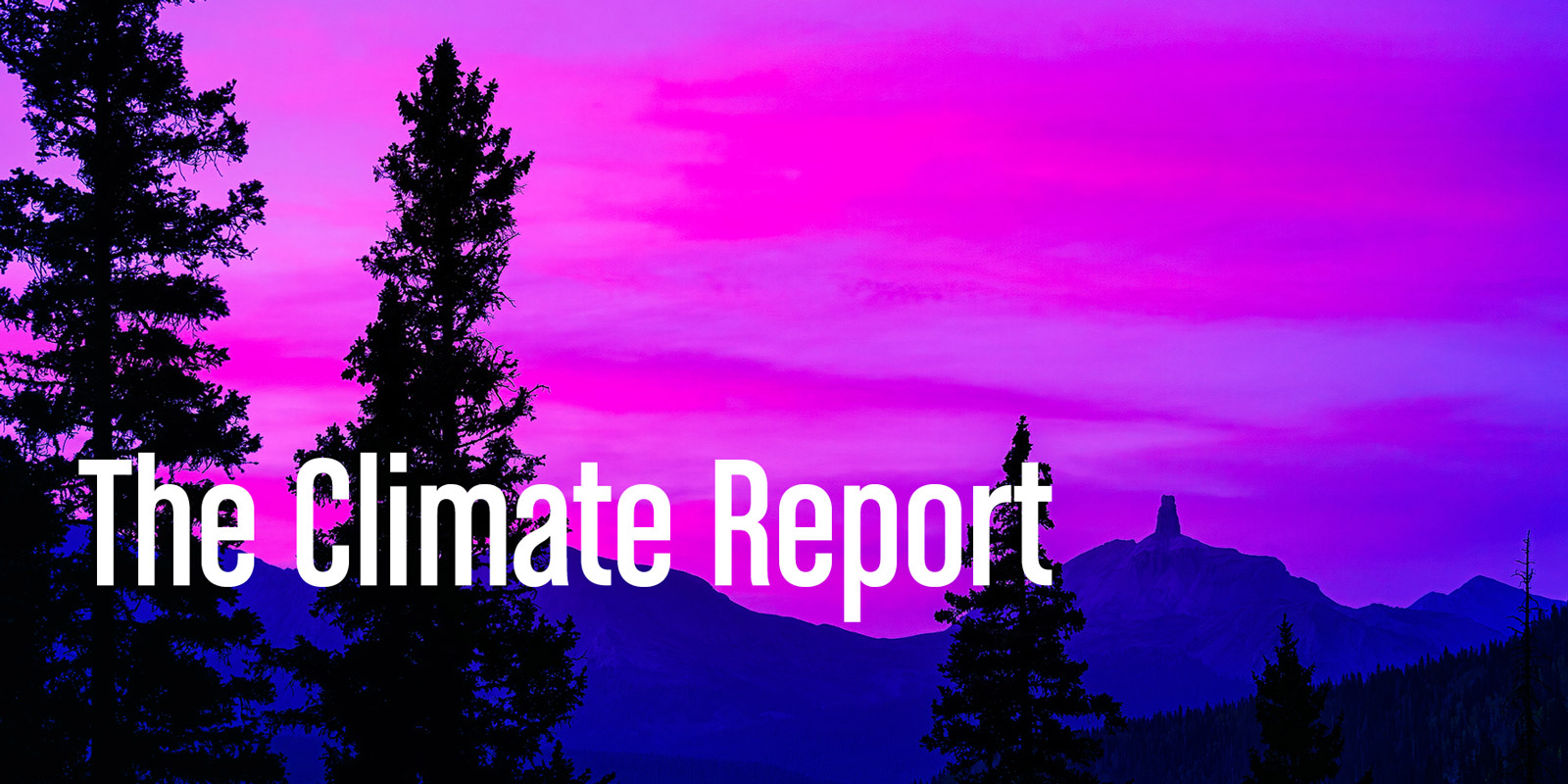
City of Charleston v. Brabham Oil Co.: Charleston's Climate Change Suit Against Fossil Fuel Manufacturers Dismissed by South Carolina Court
On August 6, 2025, a South Carolina Court of Common Pleas judge dismissed the City of Charleston's lawsuit against more than 20 fossil fuel manufacturers, retailers, and pipelines, seeking to recover for alleged harms related to climate change. As the court noted in its order, this decision adds to "the growing chorus of state and federal courts across the United States, singing from the same hymnal," that have concluded that these cases "are not judiciable by any state court" and that "our federal structure does not allow … any State's law[] to address [these types of climate-change] claims." Since the beginning of 2024, similar suits brought by the State of Delaware; the State of New Jersey; the City of Baltimore; the City of Annapolis; Anne Arundel County, Maryland; and Bucks County, Pennsylvania, have been dismissed in whole or in part on the same basis.
Originally filed in 2020, the City of Charleston's complaint asserted that the defendants failed to warn the public about the effects of fossil fuel products on the climate and led a campaign of disinformation about climate change science. The city relied on theories of public and private nuisance, strict and negligent failure to warn, trespass, and violations of the South Carolina Unfair Trade Practices Act ("UTPA"). After the action was removed to federal court and later remanded to state court, the defendants moved to dismiss, arguing primarily that federal preemption and the political question doctrine barred all claims. In a lengthy 45-page opinion, the court agreed, pointing directly to the Second Circuit's decision in City of New York v. Chevron Corp., 993 F.3d 81 (2d Cir. 2021), which held that "[g]lobal warming presents a uniquely international problem of national concern. It is therefore not well-suited to the application of state law."
First and foremost, the court held that the structure of the United States Constitution "preempts and precludes states from using their own laws to resolve disputes involving interstate and international emissions[.]" Charleston argued that its case was about the defendants deceiving and failing to warn South Carolina consumers. But the court concluded that "although Plaintiff's claims purport to be about deception, they are premised on, and seek redress for, the effects of greenhouse gas emissions," which are interstate and international in scope, and the Constitution prohibits states from imposing their own policy choices on neighboring states. The court also found that the Clean Air Act's balancing of public and private interests precluded Charleston from using state law to obtain damages "allegedly caused by innumerable worldwide sources of greenhouse gas emissions." The court emphasized that allowing state-law claims to proceed would create a "chaotic web of conflicting legal obligations" and undermine the federal government's exclusive authority to regulate interstate and international emissions.
The court further recognized that the political-question doctrine precludes Charleston's claims for similar reasons. Because regulation of the fossil fuel industry invokes questions of national and international policy, the court explained, resolving claims would require sensitive determinations meant for nonjudicial discretion. The court found this adjudication—which would involve estimating damages from global climate change over the next century—is "beyond the judicial function."
The court found several other grounds for dismissal on the merits of the claims. It held that all of Charleston's claims were barred by the state's three-year statute of limitations, as the complaint did not allege any deceptive acts by the defendants within the three years prior to the complaint; that the city's nuisance claims failed because South Carolina courts have recognized nuisance claims based only on a defendant's use of land, not on the promotion and sale of lawful consumer products; that the city's failure to warn claims failed because the defendants had no duty under South Carolina law to warn of the well-known potential risks of fossil fuel use; that the city's trespass claim failed because the defendants did not intentionally invade the city's land and did not control their products at the time of the alleged trespass (emissions); and that the city's UTPA claim failed because it did not identify any alleged misrepresentations concerning defendants' products in South Carolina, as opposed to climate change generally.
The South Carolina court also specifically addressed the minority of courts in Hawaii, Colorado, and Minnesota that have permitted similar claims to proceed past the pleading stage. In the South Carolina court's view, those courts maintained that the Clean Air Act only displaced federal common law but failed to address the critical point that the plaintiffs' theories of causation and harm turn on "transboundary emissions, to which only federal law can apply." No matter how Charleston were to recast its claims under state law, the court concluded, "it cannot use South Carolina law to seek redress for cumulative emissions from billions of sources worldwide."
The lengthy and well-reasoned decision in City of Charleston recognizes and respects the traditional limits of state tort and nuisance law and the significant harm to the legal system that would result from the plaintiffs' unbounded theories of liability. Yet, state courts across the country continue to be the primary decision-makers as to the viability of these claims, and the U.S. Supreme Court recently declined to consider whether the Supreme Court of Hawaii properly permitted the City of Honolulu's climate change lawsuit to proceed. Therefore, the "chaotic web" discussed in City of Charleston remains to be untangled in continuing litigation in multiple cases.
Read the full Climate Report.


